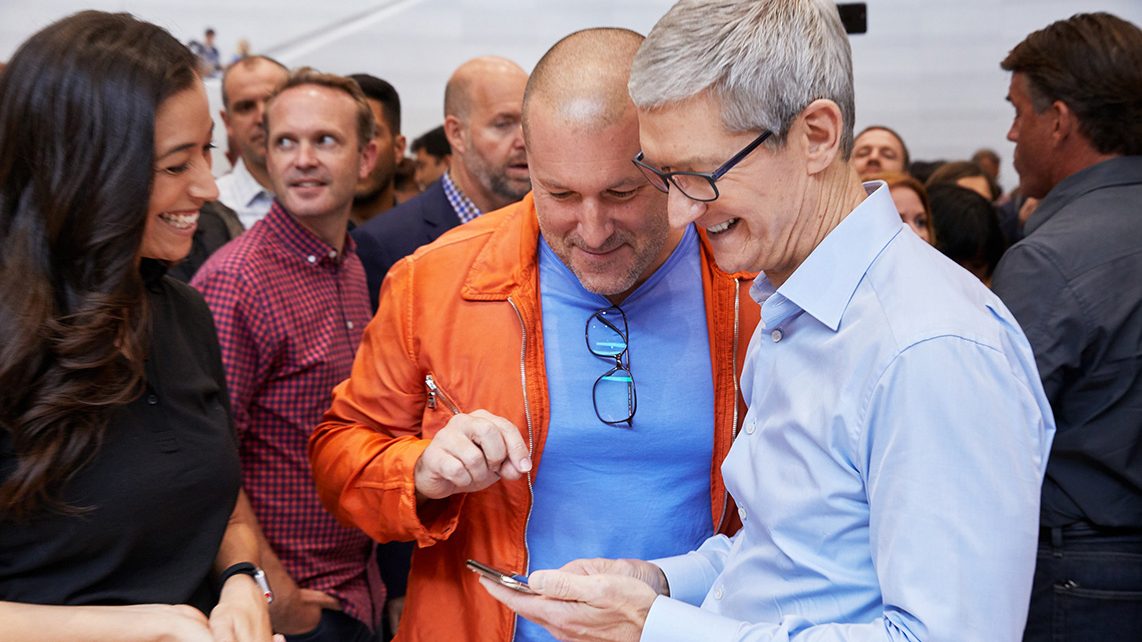If you build it, they will come. For years, it seemed didn’t really embrace the game developers who flocked to the iPhone and filled the App Store with games that consumers downloaded by the billions. After all, Apple’s aim was to get all consumers, not just gamers.
But during this week’s Game Developers Conference in San Francisco, Apple wanted to make it clear that it cares. Games are a lifeblood on any platform.

Unlock premium content and VIP community perks with GB M A X!
Join now to enjoy our free and premium membership perks.
![]()

![]()